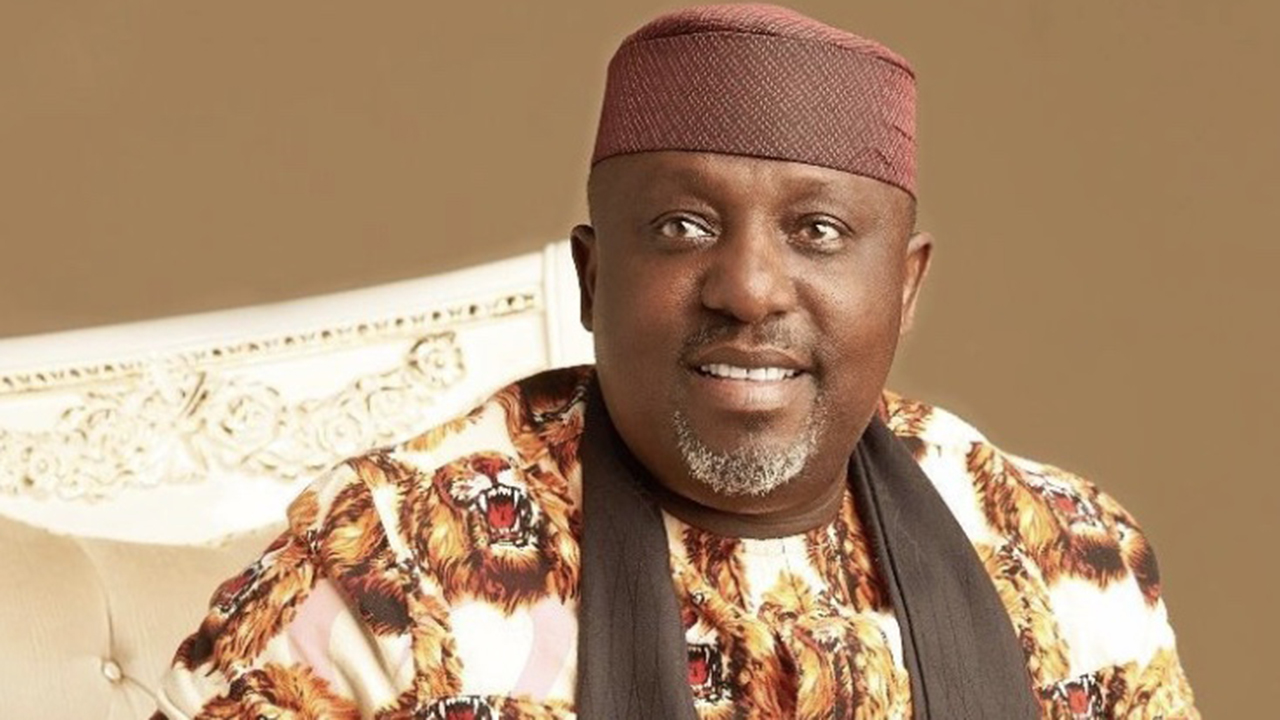Alleged Fraud: Court Dismisses EFCC’s Case Against Okorocha

Lawyard is a legal media and services platform that provides…
A Federal Capital Territory High Court in Abuja has dismissed a case preferred against former Imo State Governor, Senator Rochas Okorocha by the Economic and Financial Crimes Commission (EFCC).
Justice Yusuf Halilu held that similar fraud charges filed by the anti-corruption body against the former governor favoured Okorocha in an earlier judgement.
The EFCC had accused Okorocha of committing fraud while in office as the governor of Imo State between 2011 and 2019.
However, the judge described the charges as an abuse of the judicial process.
Recall that a Federal High Court in Abuja on February 6, discharged Senator Okorocha, of N2.9 billion fraud charges preferred against him by the EFCC.
Okorocha had been facing trial alongside a chieftain of the ruling All Progressives Congress, APC, in the state, Mr. Anyim Nyerere Chinenye and five companies, Naphtali International Limited, Perfect Finish Multi Projects Limited, Consolid Projects Consulting Limited, Pramif International Limited, and Legend World Concepts Limited.
The EFCC had alleged that the defendants conspired and diverted funds to the tune of N2.9 billion belonging to the state.
But Justice Inyang Ekwo, in a ruling in February, struck out the EFCC’s suit for being in contravention of Section 105 (3) of the Administration of Criminal Justice Act (ACJA), 2015, which gives the Honourable Attorney-General (HAGF) of the Federation the power to recall a case.
According to Justice Ekwo, the directive of the AGF and Minister of Justice, Abubakar Malami, SAN, in a letter dated September 12, 2022, to the anti-graft agency to forward the case file as well as the EFCC’s comments on the issues for consideration and review was binding on the commission.
“All that the law required of the respondent (EFCC) was for the respondent when directed by the HAGF, pursuant to any enactment, is to comply and not act as if it is not under the law or is exempted thereby.
“For the avoidance of doubt, the office of the HAGF is founded on the provisions of the constitution and is thereby preserved.
“The controversies and drama surrounding this trial proceeding are needless and it is time to stop it,” the court held.
The judge further held that from the moment the AGF gave the directive to the EFCC, the commission ceased to have the legal authority to prosecute or continue the prosecution of the case.
“In other words, the intervention of the HAGF in any criminal proceedings ends the authority of the prosecuting agency in the matter unless otherwise directed by the HAGF.
“In the end, I find that non-compliance by the respondent with the directive of the HAGF as stated in Exhibit Okorocha 7 is fatal to this proceeding and has rendered it a nullity.
The respondent is not empowered by any law to continue with this proceeding after the HAGF issued the directive in Exhibit Okorocha 7.
“With Exhibit Okorocha 7, it is only the HAGF that can decide whether or not to charge the defendants upon the case file being remitted to his office as directed,” he added.
Lawyard is a legal media and services platform that provides enlightenment and access to legal services to members of the public (individuals and businesses) while also availing lawyers of needed information on new trends and resources in various areas of practice.













